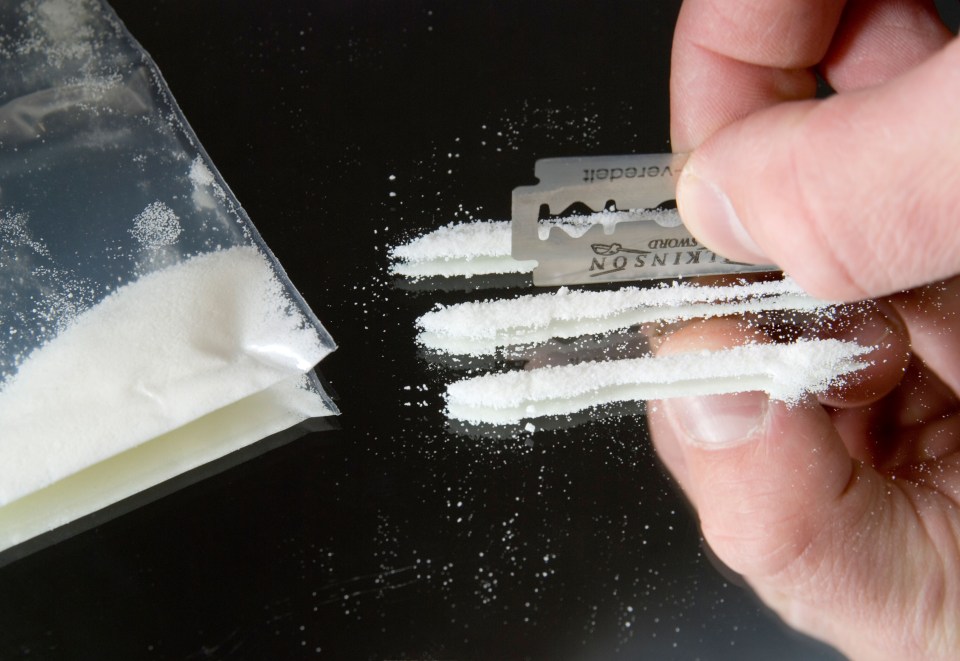Scientists discover molecule in the brain they could use to cure cocaine addiction
New study takes experts one step closer

SCIENTISTS in America believe they have identified the molecule in the brain that allows people to become addicted to cocaine – taking them one step closer to finding a cure.
The findings suggest that increased levels of a molecule in the brain called hypocretin may be what contribute to cocaine addiction.
The research, published online by the journal Biological Psychiatry, shows that blocking hypocretin may reduce compulsive drug-seeking behaviour when tested on rats.
Study co-author Professor Marisa Roberto, from The Scripps Research Institute (TSRI) in America, said: "Cocaine addiction is a disorder that affects millions of people worldwide.
"Understanding the mechanisms underlying cocaine addiction is important for identifying potential new targets for therapeutic use.
"The results of this study would suggest that the hypocretin system could be considered a pharmacological target, with the hopes that such a medication could be used in combination with cognitive behavioural therapies."
Scientists said that addiction seems like a simple concept - taking a drug motivates a person to continue to take it - but that the molecules in the brain that drive addiction are more complex.
To design treatments for addiction, experts need to understand what motivates people to go from taking the drug occasionally to compulsive use.
Related stories
In the new study, the researchers focused on changes in the central amygdala - a brain region associated with stress and negative emotions during drug withdrawal.
Their goal was to better understand the role of hypocretin.
Hypocretin is a main player in the part of the brain that sends signals between the brain's different regions and has been shown to influence the brain's reactions to cocaine, nicotine, alcohol and opioids and the desire to relapse.
But, until now, scientists didn't fully understand its role in cocaine addiction.
For the study, one group of rats was given the option to self-administer cocaine for one hour a day, mimicking conditions of short-term, occasional drug use.
A second group had the option to self-administer cocaine for six hours a day, which mimicked the conditions that lead to compulsive drug use and addiction.
Scientists found that compulsive cocaine use triggers a dangerous cycle in the brain, with cocaine sensitising the hypothalamic hypocretin/orexin (HCRT) system, which motivates further drug-seeking.
Specifically, compulsive cocaine use leads to increased hypocretin, which contributes to over-activity in the part of the brain linked to stress.
Professor Roberto added: "The rats escalated their daily intake as many human users would."
She said that giving the rats medicine to block the over-activity at one of the two receptors in that part of the brain made them stop wanting drugs as often - suggesting potential treatments could be created for cocaine addiction or relapse.
We pay for your stories! Do you have a story for The Sun Online news team? Email us at tips@the-sun.co.uk or call 0207 782 4368













